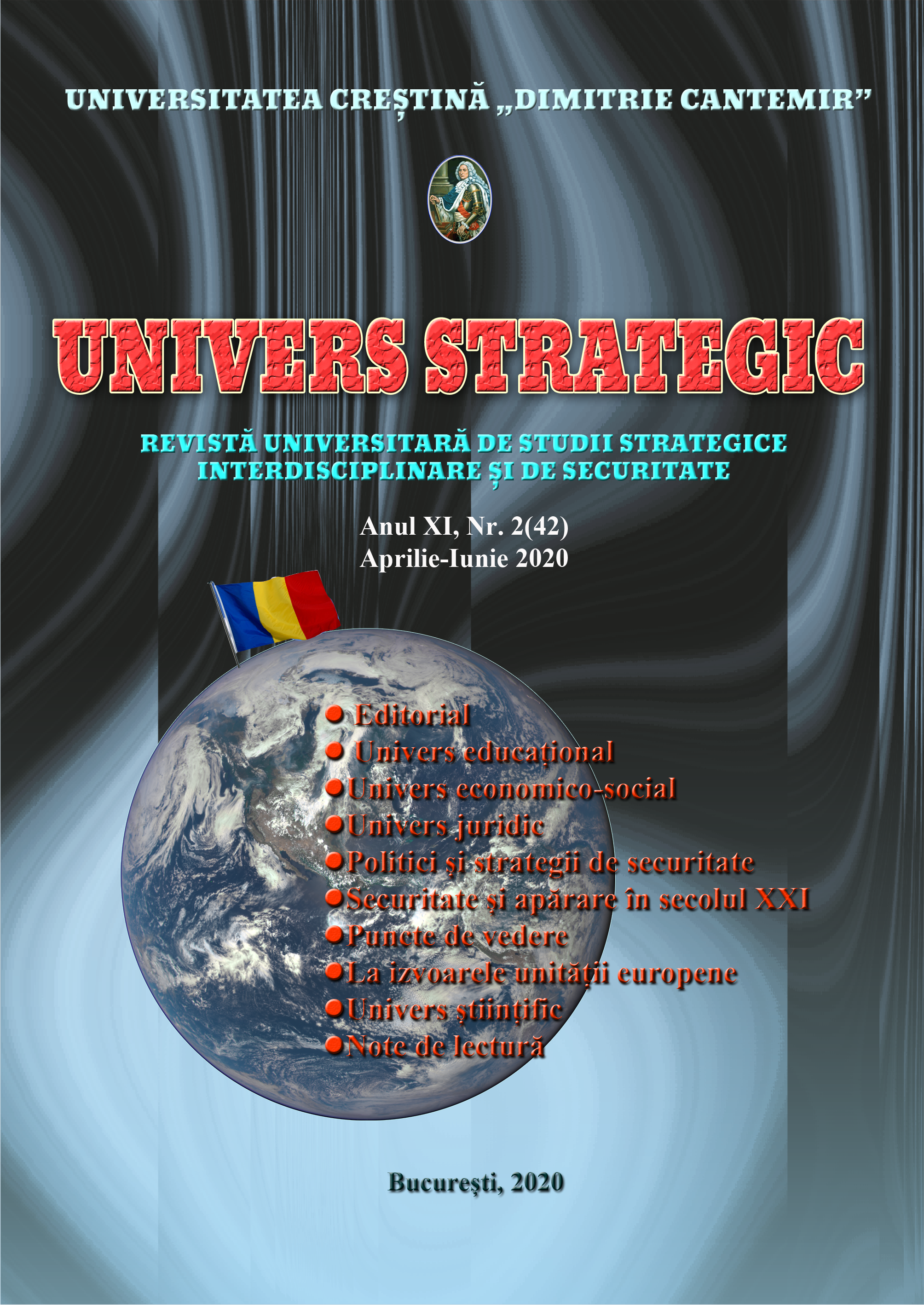STRATEGII METACOGNITIVE ÎN ÎNVĂȚĂMÂNTUL PRIMAR - CICLUL CURRICULAR DE DEZVOLTARE
METACOGNITIVE STRATEGIES IN PRIMARY EDUCATION - CURRICULUM DEVELOPMENT CYCLE
Author(s): Conona PetrescuSubject(s): Higher Education
Published by: Universitatea Crestina "Dimitrie Cantemir"
Keywords: curriculum development cycle; cognition and metacognition; context; metacognitive strategies;
Summary/Abstract: Our article addresses the multitude of strategic trajectories on the conceptual map that the child’s cognitive experience can have in the curriculum development cycles. The post-piagetian school starts from the stakes of the continuous abstraction of information, given that two logically equivalent situations can be treated completely differently by the same child, depending on the knowledge that the characteristics of each situation activate. Knowledge, as such, as well as current psycho-pedagogical methodologies are related to putting the child in context, with metacognitive factors that can influence cognitive functionality, motivational nature, psycho-motor and physical evolution, social relationship and child autonomy. We talk about the exploratory and cooperative strategies and of reflection. In the other hand, the major objective of this cycle is the training and validation of the necessary basic skills, as well as those for further studies. For the next cycle, interdisciplinary openings of new skills of digital and information literacy, technological culture, communication in foreign languages of wide circulation, culture and civic conduct, democratic and global citizenship, critical thinking, activity in team, adaptation to new situations, personal development and lifelong learning.
Journal: Revista Univers Strategic
- Issue Year: XI/2020
- Issue No: 42
- Page Range: 61-70
- Page Count: 10
- Language: Romanian

